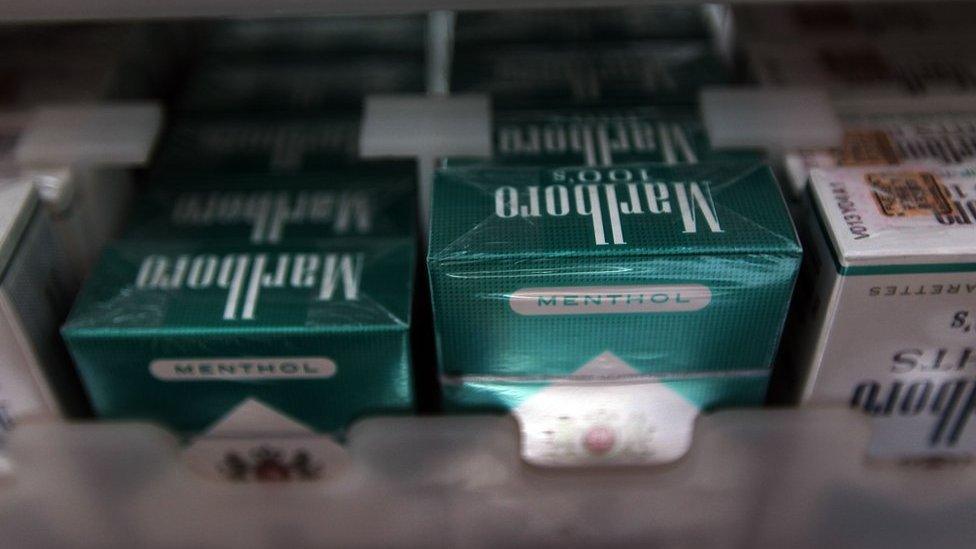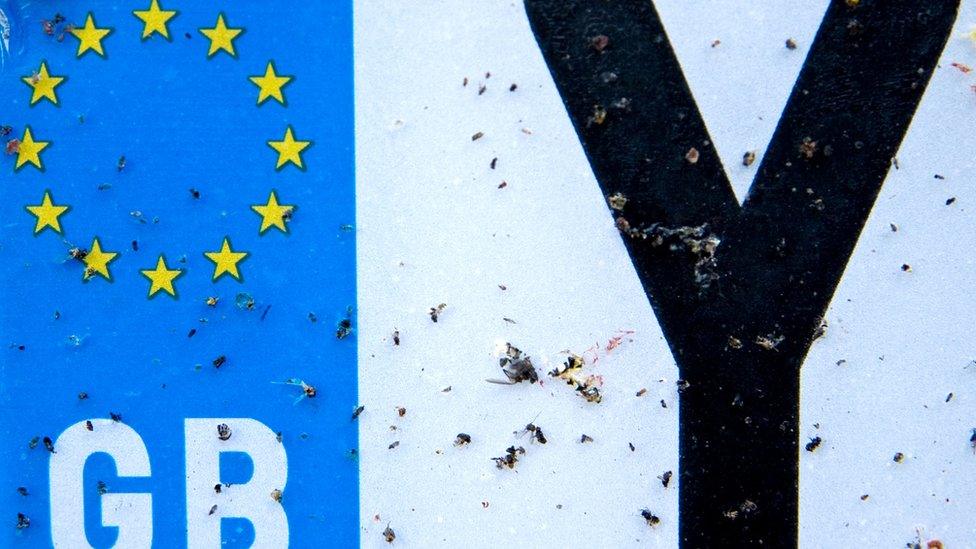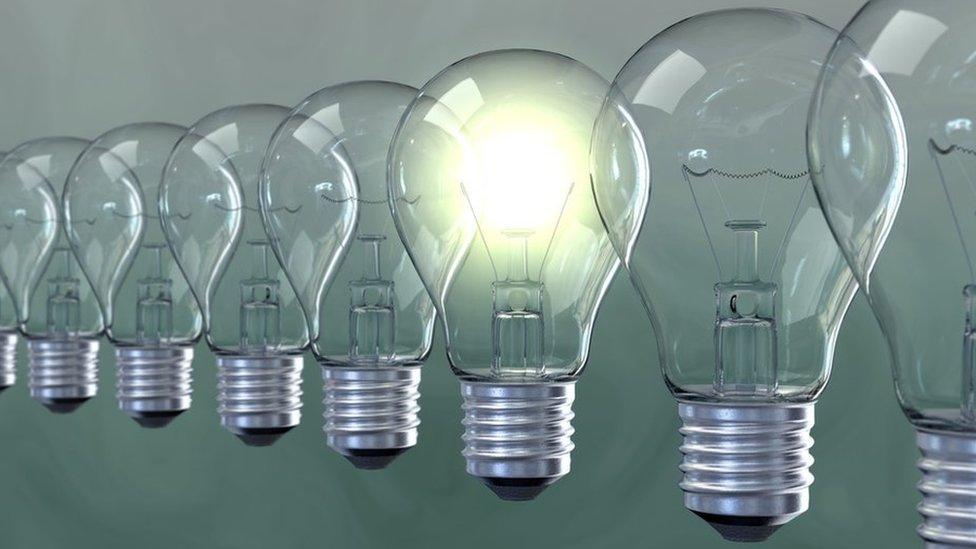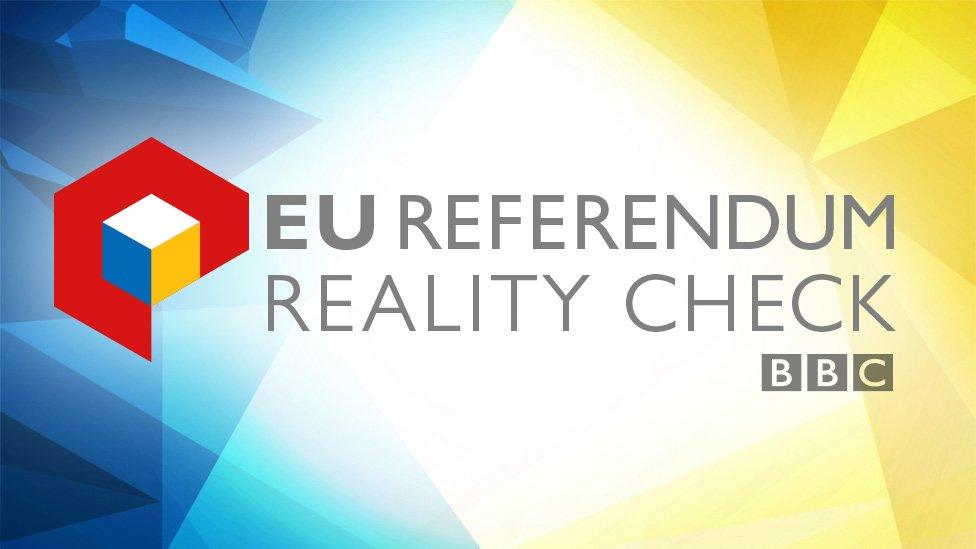Reality Check: Your questions on consumer affairs
- Published

Reality Check has been answering your questions throughout the referendum campaign - here are some of the issues that listeners to Radio 4's PM programme raised.
The question: Jennie asks: "Should we opt to leave the EU, would the duty on alcohol and cigarettes coming from Europe be reinstated?"
The answer: If the UK left the EU, the specific regulations for bringing goods from the EU to the UK would depend on the agreements reached in the exit negotiations, particularly with regards to the question of whether the UK would remain in a customs union with the EU.
Currently, there is no duty on goods you bring from the EU provided that they are for personal use, you transport them yourself, and you have paid duty tax in the country where you bought them. There are no limits to the alcohol and tobacco you can bring in from EU countries, but you may have to prove to custom officers that the products are for personal use if the quantities suggest that you may want to resell them.
You can also bring tobacco and alcohol (and other goods worth up to £390) to the UK from outside the EU without paying duty or tax, provided that the products are for personal use and that the quantities do not exceed the specified personal allowance. For goods that exceed the personal allowance and are worth up to £630, a custom duty of 2.5% applies. You may also have to pay import VAT on the total value of the goods plus duty at the standard UK VAT rates.
The question: Judi asks: "A leaflet from the 'Stronger In' campaign states that the UK gets £66m of investment from EU countries thus creating lower prices in the shops. Are these true claims?"
The answer: This is based on the 2010 European Commission report "Trade as a Driver of Prosperity", which says that "trade brings a wider variety of goods and services to consumers and to companies, at lower prices. Consumer benefits alone are estimated at 600 euro per year."
The Britain Stronger in Europe campaign says 600 euro currently works out at £459 and they rounded it down to £450 per person.
The European Commission based its figure on a paper published in 2006 in the Quarterly Journal of Economics (QJE), Oxford University Press, which looked into the US market and concluded that the gains to US consumers of the growth in global variety during the period 1972-2001 was about 2.6% of GDP.
We asked the Commission to clarify how they'd got the figure for the EU. They replied: "The Commission used the estimates done for the US market because no such estimates were readily available for the EU as a whole. However, since the EU and US levels of trade openness are similar, it is not unreasonable to approximate the magnitude of EU effects based on the US figures."
We also asked the Commission whether they still stand by this figure (as it is based on a ten-year-old study which uses data from 1972 to 2001) and they replied: "We consider this is still the most accurate estimate available for the EU as a whole."

The question: Seb asks: "Would we need new car number plates without the EU flag?"
The answer: There is no EU-wide law on vehicle registration and car number plates. Reports about EU plans to impose a standard design for vehicle registration plates have been dismissed by the European Commission.
The Commission website states that an EU regulation from 1998 established a model design to facilitate mutual recognition across member states. However, national governments are free to decide whether to adopt it or not.
In the UK, the EU symbol on the left hand side of the number plate is a voluntary identifier. Although official statistics on the number of vehicle registration plates displaying this EU identifier in the UK have not been compiled, this means that many British number plates would not be affected by the outcome of the EU referendum.
The British Driver and Vehicle Licensing Agency informed the BBC that there has been no discussion about what would happen to those number plates that currently do include the European identifier, should Britain decide to leave the EU.

The question: Martin asks: "If we leave, can we have incandescent light bulbs back?"
The answer: That depends on whether we want them back. In theory, if we leave the EU then that sort of legislation on environmental issues would come back to the Westminster Parliament. In practice, it is unlikely that incandescent light bulbs would be brought back. They have long been a target for green campaigners, concerned about climate change. Production of 60 and 100-watt bulbs has been phased out in Europe but you can still use them if you have a stock.
The presumption is that, if the UK decides to leave the EU, all the existing rules would be in place while the UK and the EU negotiate a deal. For example, Norway, Iceland and Liechtenstein are fully integrated in the EU Single Market but are not members of the EU. This means they have to comply with EU regulations. You can find out more about the particular trade deals the UK might have to negotiate in the event of a British exit from the EU here.
Some trade regulation sets minimum requirements for how energy efficient common household items, like kettles and vacuum cleaners, should be. As we've outlined here, there are currently no plans to regulate British kettles, though they are being reviewed under an EU directive. Another EU regulation will abolish roaming charges in EU member states from 2017, though we can't say for sure whether this would affect British consumers if the UK voted to leave the EU. You can find more about that here.
Keep your questions coming by email (realitycheck@bbc.co.uk) or via Twitter @BBCRealityCheck, external and we'll answer as many as we can before 23 June.



- Published19 May 2016

- Published11 May 2016

- Published19 April 2016

- Published22 February 2016
